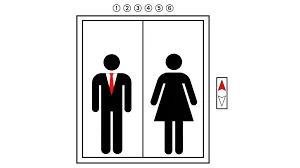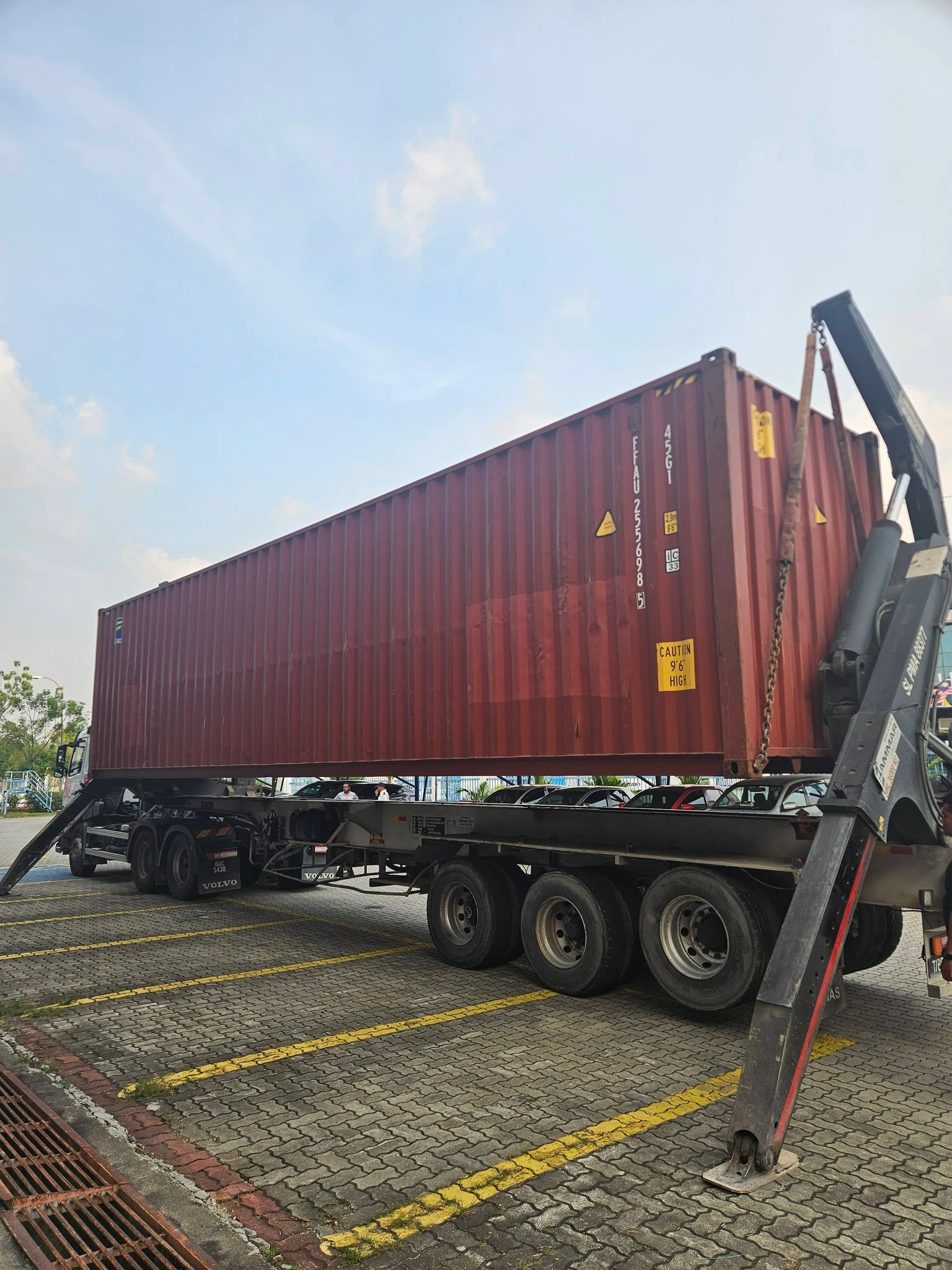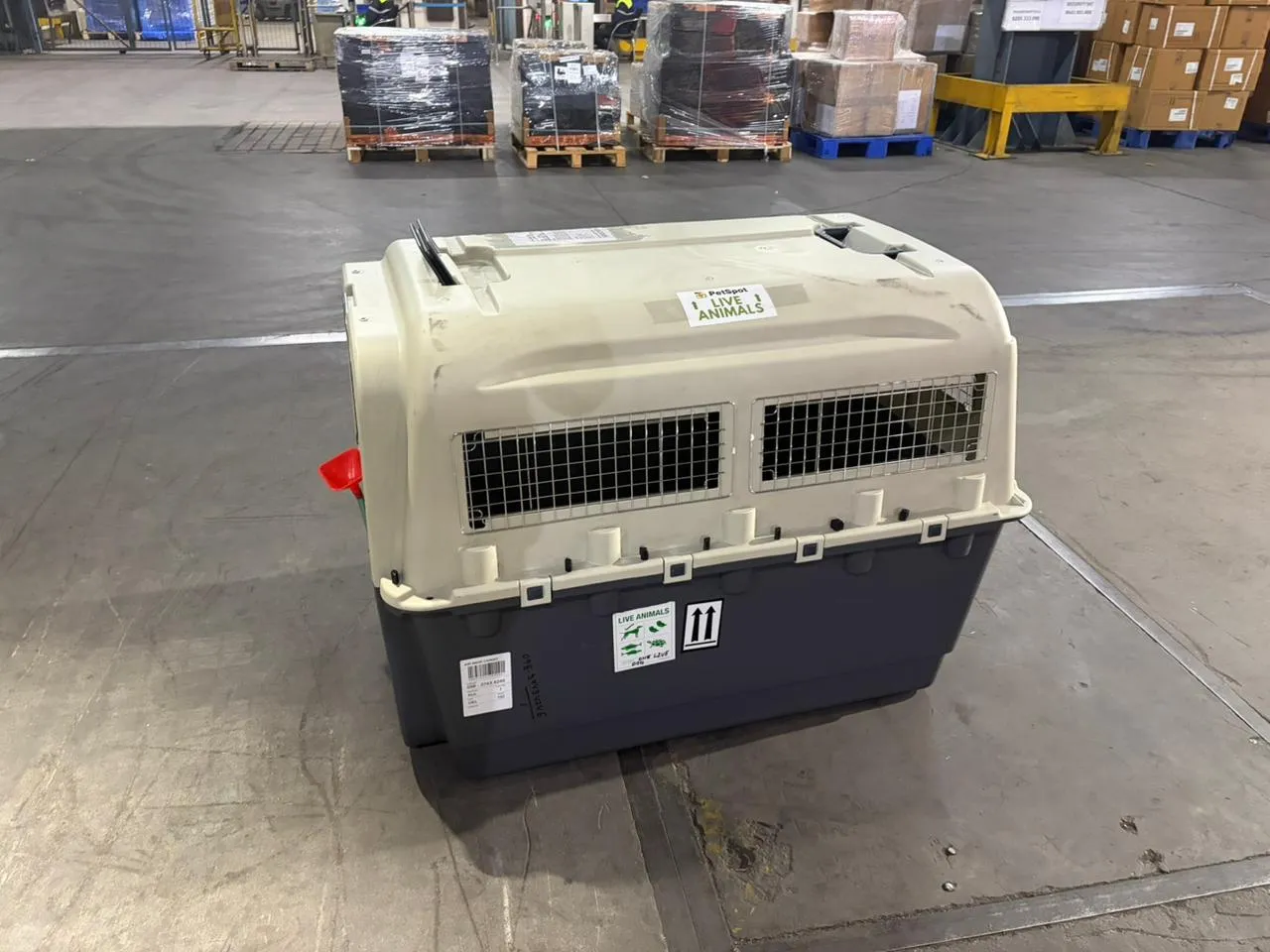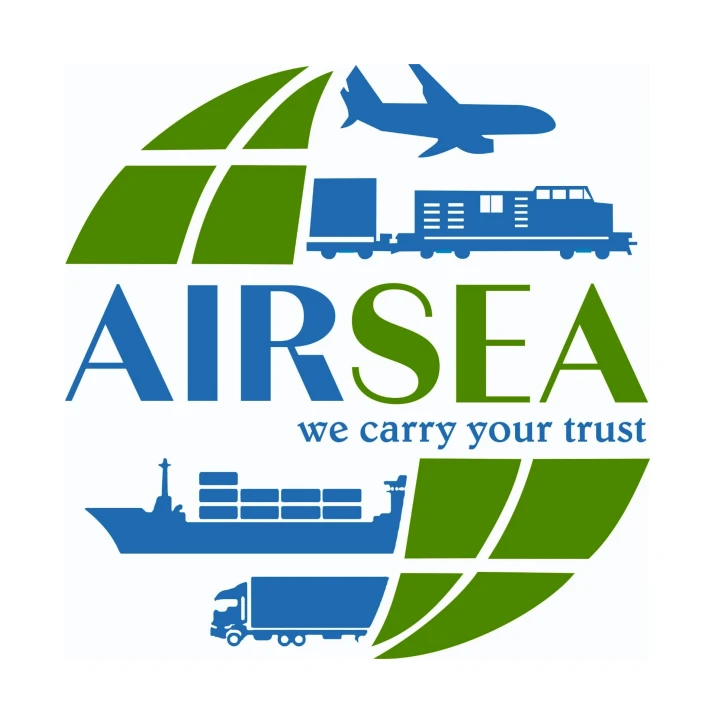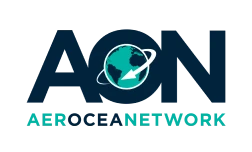Ready your elevator speech now!: (Yes, even logistics people need them…)
I’m getting excited! Next week I am off to Cape Town, South Africa, for two of our annual general meetings combined with Project Cargo Nexus and Super Cargo Pros. Virtually everyone who I will meet there will know exactly who I am and what I do simply because they will understand my role in the events. But prior to these events I will be at Intermodal Africa South 2013 in Port Elizabeth. However, many of the people there will not be related necessarily directly to my industry and I will need to be able to quickly let them know what it is that I do. And that is why years ago I have come up with an elevator speech for these people. Yes, that’s right. I use an elevator speech. And if you don’t have one I recommend that you get one, especially if you plan to come to one of our networking events.
You might be asking: What in the heck are you talking about? Elevator speech? Why should I have one of those?
Let me quickly explain what it is and why logistics professionals should have one. And if you already know what one is, well, read along anyway. I want to make sure everyone is ready for our meeting…
As I said even forwarders need elevator speeches. Elevator speeches, also often called ‘elevator pitches’ are introductions that you can give to someone the first time they meet you or in situations when you have a new job, etc., where you explain concisely and efficiently who you are and what your services are. Generally an elevator speech is less than thirty seconds, about the length of an elevator ride in a skyscraper, which is where these deliveries get their names. These introductions should cover the following points:
Who are you?
If you haven’t already given your name you should do so clearly now. Follow this up with your company name. If it is a unique company name, an abbreviation, acronym or a long company name I would recommend coming up with a mnemonic crutch so that people will have a visual idea of the company. Make it unforgettable but short and concise.
What is it that you do?
Here you need to state your company objective. Maybe your company has many different cargo services? Well, if it does you might consider coming up with two versions of the elevator speech: one that is related to your company as a whole and one that is specifically related to what you and your department are doing for the company. But if you can get away with not having to do that all the better.
You should include your company’s Unique Selling Proposition (USP), which is basically what is different or superior about your company that would be the reason to choose you over your competition. Shy away at this juncture from trying to sell on price points. Unless your company’s existence is about selling at rock bottom rates I would not add that you have the “cheapest rates around” to your USP. Focus on the one or two points that your company is actually best at what you do.
*If you can’t think of one right away we are happy that your USP is ‘because you are a proud member of our network’! But I do recommend you adding your own USP – but mentioning us as well… (Wink, wink!)
What can you do for me?
Here I’d highly recommend giving an example of a problem you have been able to solve for a customer. If this is a common problem within your target customer’s industry then that’s good. It is great if this was a problem that someone else tried to solve first and failed at it, whether it be a competitor or someone inside the customer’s own organization. Don’t hold back too much here. Be glowing and prideful when telling this part of the story.
Once you have given them an idea of what it is that you can do for them then you issue a call for action. And I recommend this being in the guise of a question. This question can be very pointed or more general, depending on your style. What it should never be though is a question that calls for a ‘yes’ or ‘no’ answer. You need the question to open a dialogue for you with the person you just met. Perhaps they are needing your services? Or maybe they know someone else who does? Try to structure your call to action in a way that this information will come out easily and naturally. Don’t be forceful but also don’t let the opportunity slip.
So now that I have given you the basis on elevator speeches, let me give you some more tips on how to make this a very fruitful activity.
- Practice it. Make it natural and get the listener excited. You probably do need to write the speech down exactly as you would like it to come out or at the very least you will need a detailed outline. If you do an outline I would recommend doing it in a colorful mindmap. Again, memorize it and learn it thoroughly. You don’t want it to sound that it is being repeated as a school child recites a poem. It needs to be delivered as you would introduce your own name.
- Think about giveaways / take aways. If you know that you are going to be at a networking function try as much as possible to always have a token to give away so that you and your company are remembered. Of course, you cannot carry these around with you all of the time but you can, however, carry them at the times you know you are likely to meet new folks. Welcome receptions, coffee breaks, luncheons, etc.
- Once you get good with your elevator speech then expand on it. Have different speeches per different audiences. I mentioned above that your company might have several different services. Start first with either a general elevator speech about your company (recommended for general functions) or one that is about your department’s services at your company (better for targeted functions). Choose one version that is best for your situation and get it down to pat. After learn the other version. You might find if you are a C-level person in your company you’ll need to have a few versions of elevators speeches.
- If you happen to be multilingual get these speeches down in the languages that you feel comfortable enough to reel it off in. Or if you are fearless you might give this a go even if you are afraid you wouldln’t have much follow up. I personally know of two different people, successful people – both multimillionaires now, who immigrated into the United States who spoke little or no English but became salesmen by memorizing a sales script. If they can do that I am sure you can learn your own elevator speech.
Oh, and how long of a speech should you write for thirty seconds? Generally that is about 135 to 150 words give or take. You can work this out on a piece of paper, practice it and see where it goes from there.
Now that you have everything you need to know about being an elevator speech pro, I’m going to test you on it when I see you!

Gary Dale Cearley is the Managing Director of Advanced International Networks Ltd. (AIN), one of the fastest growing and most dynamic business-to-business networking organizations in the world. AIN’s networks include AerOceaNetwork (AON), XLProjects Network (XLP), and AiO Logistics Netowork (AiO). Gary Dale has been in many facets of international freight forwarding for more than two decades from operations to sales to the owner of the first 100% foreign owned freight forwarding company licensed in Vietnam. The companies that he has been involved with have been both generalists and specialists. He has also worked from large European and Asian multinationals (Danzas and Hankyu Express) as well has small start up forwarders. For the past ten years Gary Dale has owned and operated AIN. He has lived in several major cities in four different countries and he is multilingual. Currently Gary Dale runs the AIN operation from Bangkok, Thailand, but travels the world over.
Gary Dale welcomes all sorts of interactions. If you have questions or comments about anything Gary Dale has written here you may contact him directly by e-mail.

